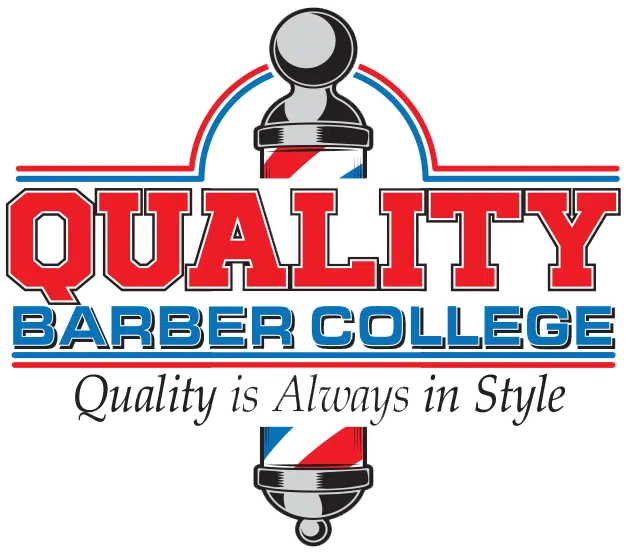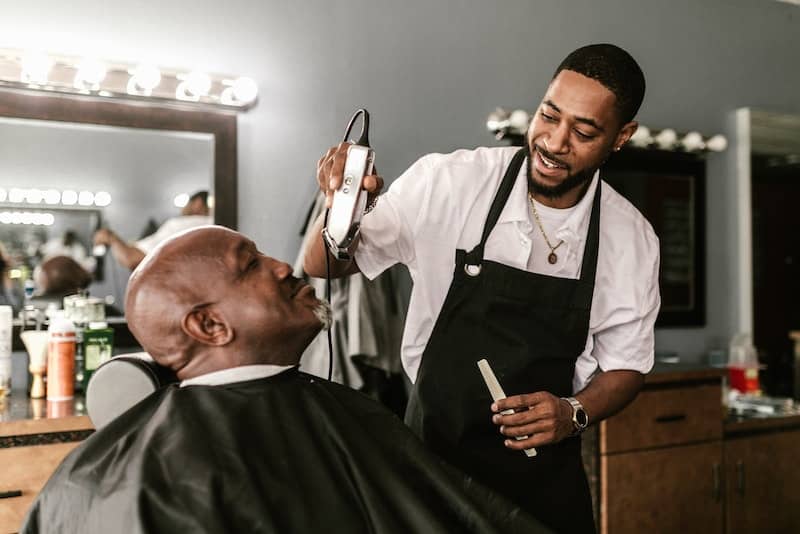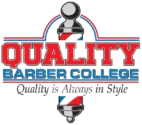Are you interested in learning a new trade in order to embark on a new career? Maybe you already have a passion for something but are required to complete schooling in order to become licensed. Whatever the case is, going to a trade school can put you on the fast track to success and be a great jumping off point to lead a stable and successful life.
Below, Forbes shares some helpful insight for those considering studying a career trade:
What to Expect When Starting Trade School
Here’s what you can look forward to as a trade school student.
Learning Will Be Hands-On
The skilled trades require extensive hands-on training. You might learn some history and theory related to your field of interest, but for the most part, your instructors will put you to work.
Expect to participate in hands-on learning and labs during your trade school program. Learners studying to become mechanics, for example, learn the ins and outs of vehicle brake systems by using real equipment they’d find in an auto garage. Cosmetology students learn to cut and style hair, use modern nail technologies and apply facials—all with in-person training.
Instructors, who have typically worked in their trades for years, demonstrate the various techniques and skills graduates will need on the job.
Most colleges or universities don’t employ this learn-by-doing method to the same extent. While some college programs involve labs, these typically occur only two or three times a week.
There May Be Structured Class Days
In a four-year college, students generally follow a relatively inconsistent schedule. They might attend club meetings, take study breaks or head to the dorms to nap between classes. What’s more, college students typically don’t follow the same routine every day.
In a trade school, however, you can expect to follow a more rigid schedule. You might be in school every day from 8 a.m. to 3 p.m. without much additional time for other activities. That’s because trade programs aim to maximize students’ time in school. In most cases, students can complete their trade program in two years, versus the college student’s typical four.
In some cases, trade schools offer night classes so students can work full or part time during the day.
The benefit of this structured schedule is that students receive intensive training for continuous periods. Following a routine schedule can make it easier to form learning habits that enhance information retention.
Expect Small Class Sizes
Colleges and universities—and especially large public schools—can see roughly 1,000 students in a lecture hall at a time. These huge class sizes make it nearly impossible to form a rapport with your professor or ask questions during class.
You don’t need to worry about running into this issue at trade school. Many trade school classes contain no more than 10 to 25 students.
Ultimately, small classes contribute to higher student performance. That’s because students can form relationships with their professors and receive timely, personalized feedback.
Smaller class sizes also lend to individualized learning experiences. Instructors have more bandwidth to give each student dedicated support both in and outside of the classroom—so get ready to get to know your professors and ask them questions.
You Should Be Preparing for Licensure
Before applying to a trade school program, check your prospective school’s accreditation status. Accredited degrees are more likely to meet professional licensure and certification requirements.
The goal of most vocational programs is licensure. Students work to become accredited or licensed in their respective fields of study.
Many trade schools are designed to prepare students to pass professional licensing exams. Electricians, contractors and cosmetologists, among other trade professions, must earn licenses before they can begin their careers.
Some vocational programs prepare students for apprenticeships. For many careers, once a program and an apprenticeship are complete, you’re qualified to begin an entry-level position in your field.
Professions like carpentry, sheet metal working and ironworking require students to complete apprenticeships before starting their careers.
How Long Does It Take To Become a Barber?
At Quality Barber College, we offer a variety of barber programs. We adhere to the Texas Department of Licensing standards to help our students complete our barber courses so they are able to start a new career as a barber. License requirements are based on hours of instruction, program completion, and testing. Our staff is dedicated to helping each student learn the fundamentals and become a well-rounded professional barber.
- Class A Barber Program: The Class A Barber Program requires 1,000 hours of instruction. This course can be completed in as little as 30 weeks for full-time students in a class for 34 hours a week, and 50 weeks for part-time students in a class for 20 hours a week. This course prepares students for a successful career as a barber. We go over everything from the basics to advanced techniques. If you are interested in an exciting career as a barber, contact us today!
- Cosmetology Barber Crossover: Our Cosmetology Barber Crossover program consists of 300 hours of instruction. This course can be completed in as little as 8 weeks for full-time students in a class for 40 hours a week, and 15 weeks for part-time students in a class for 20 hours a week. This course helps cosmetologists expand their knowledge and offer more services to their clients. Our instructors will help build your skill set and prepare you for the state licensing exam. Learn more about this program when you call us today.
Quality Barber College in Houston, TX
Quality Barber College has built a state-of-the-art facility that stands out from any other barber school in the area, setting the tone for the quality education we provide. We chose our location to make commuting easy for students throughout the Greater Houston area.
Our staff offers hands-on training to ensure every student gains the skills and knowledge they need to pass their state licensing exam and become a successful barber in Texas. We offer a range of courses for part-time and full-time students. These courses include Class A Barber classes, cosmetology to barber crossover classes, and barber instructor classes.
Quality Barber College
713-900-4722
12363 S Main Street
Houston, TX 77035
View Google Business Listing


